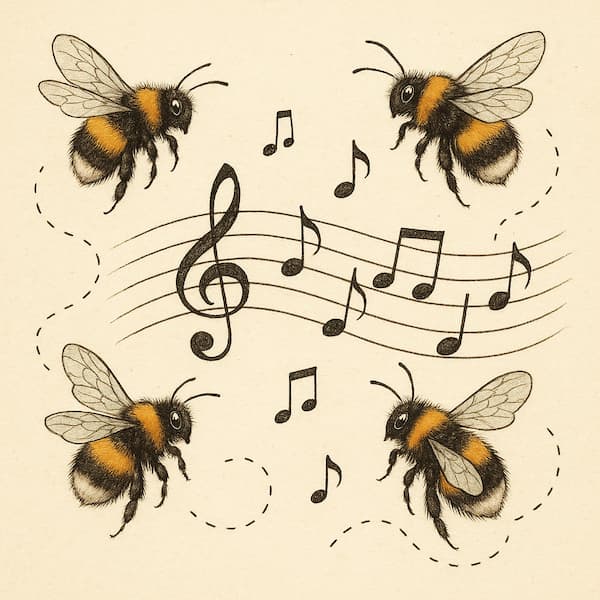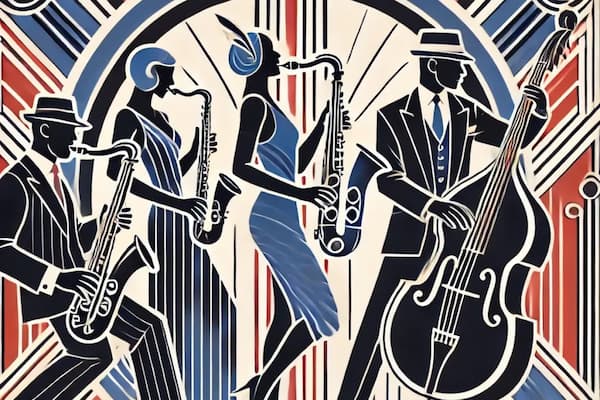Arnold Schoenberg’s Ode to Napoleon, Op. 41, for string quartet, piano, and reciter, was completed on 12 June 1942. The reciter takes his text from Lord Byron and his Ode to Napoleon Buonaparte, written in 1814. The occasion was the abdication of Napoleon and his exile to Elba. We have models in other works by Schoenberg, such as Pierrot lunaire or Erwartung, of a reciter and ensemble, but those melodramas are much more difficult works than this single poem by Byron.
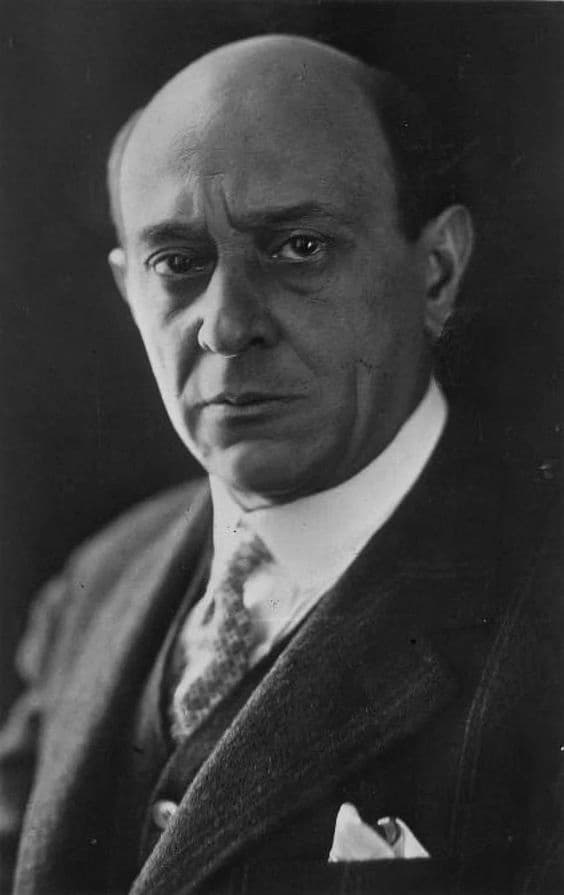
Arnold Schoenberg
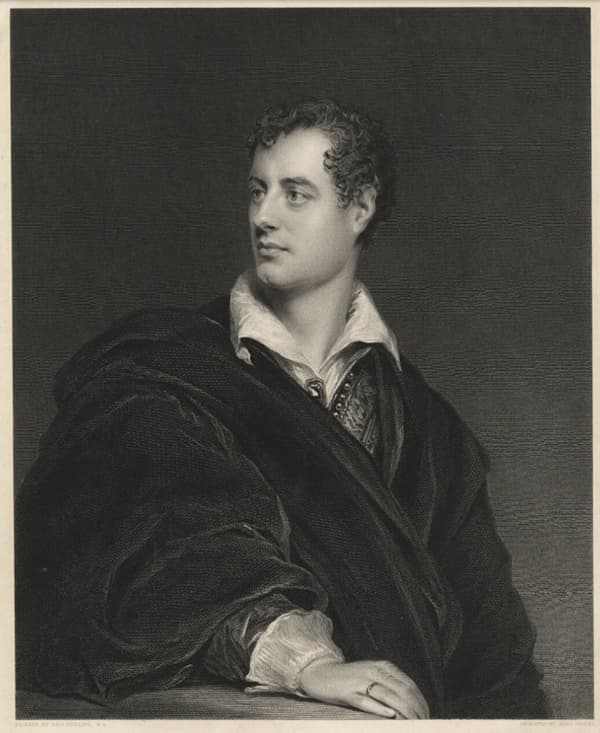
Thomas Phillips: Lord Byron, 1836 (London: National Portrait Gallery)
Lord Byron had declared in January 1814 that he would not be composing poetry for some years, but the announcement of Napoleon’s abdication inspired him to take up his pen again. The first announcement of the abdication came on 9 April and on 10 April, Byron wrote to his publisher, John Murray, that he’d written an ‘ode on the fall of Napoleon’. The formal abdication took place on 11 April. Byron wanted the poem to be published anonymously and its first edition of 15 stanzas, appeared in print on 16 April. This publication was 14 pages long and Murray asked Byron to add another stanza, since its short length made it liable to the stamp tax. Byron added a fifth stanza to extend the poem to 17 pages (and not liable to tax). A further 3 stanzas at the end were added in 1831 and were finally added to the poem by Murray for the collected Byron edition of 1832 (Lord Byron died in Greece in 1824).
Although it was published anonymously, Byron was quickly known to be the author. Its bravura beginning,
I.
‘Tis done—but yesterday a King!
And armed with Kings to strive—
And now thou art a nameless thing:
So abject—yet alive!
Puts goes on to lament that Napoleon didn’t do the right thing and condemns him (stanza 11) for not ‘dying as honour dies’. Reviews of the poem, which appeared in the newspapers starting on 21 April were generally favourable, although the poet Leigh Hunt took him to task for wishing Napoleon’s death.
As history tells us, Napoleon escaped from Elba after 11 months of exile, was in Paris on 20 March 1815, and was finally defeated at Waterloo before his final exile to the very remote island of Saint Helena in the South Atlantic before his death in 1821.
Who was the modern Napoleon – the ruler who sought to extend his country’s reach to encompass all of Europe and into Russia? For Arnold Schoenberg, this was Adolf Hitler.
Schoenberg’s setting of Byron’s poem seems to be set in a white heat. From the first notes in the piano to the actions of the string quartet, all is in turmoil.
Arnold Schoenberg: Ode to Napoleon, Op. 41 (John Horton, reciter; Glenn Gould, piano; Juilliard String Quartet)
The premiere was given by the New York Philharmonic on 24 November 1944, with Artur Rodzinsky conducting. For this performance, which was performed not by a string quartet but a string orchestra subset of the New York Philharmonic, Schoenberg added a bass part, which was then retracted after the premiere.
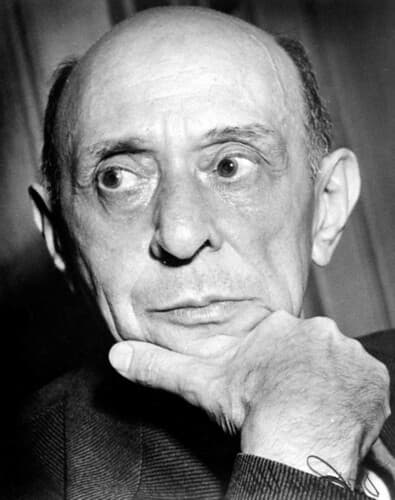
Arnold Schoenberg
Schoenberg specified that the reciter had to be a ‘singer of high musicianship’ since the part required a precise spoken rhythm to fit with the piano and the string quartet. The reciter at the premiere was Mack Harrell, a baritone who performed extensively at the Met and as a lieder singer. The piano part is the most dominant of the instrumental support and realises the text almost programmatically.
If thou hadst died as Honour dies,
Some new Napoleon might arise,
To shame the world again—
But who would soar the solar height,
To set in such a starless night
Byron’s wish for Napoleon’s death, mentioned above, was seen by Schoenberg as a foreshadowing of the rise, some 120 years later, of Hitler. When the work was written in 1942, Hitler was fully in power. When the premiere came in late 1944, D-Day had happened, and the push towards Hitler’s defeat in May 1945 was in full swing.
For more of the best in classical music, sign up for our E-Newsletter

